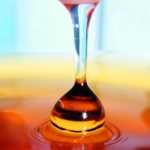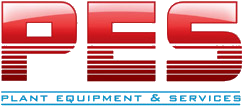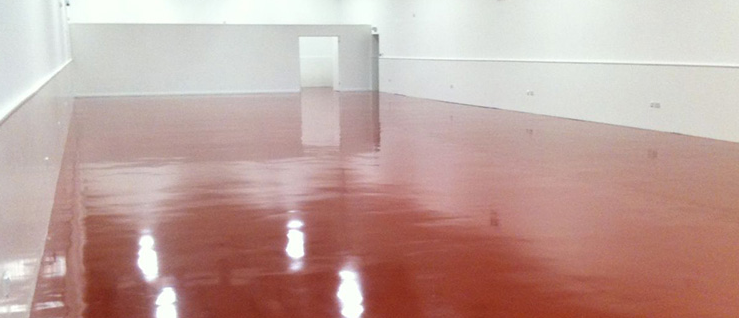What comes to mind when you think of the word “epoxy”? You may think of a glue or an adhesive, and that’s somewhat accurate! Many Epoxies do act as a glue or even a filler, but epoxies can also create protective barriers between the environment and the material that’s being protected (i.e. concrete, steel, and other surfaces.)
Here’s an example: Have you ever seen an enclosed showroom full of rare, beautiful, and classic cars? Chances are the floor space in that area is covered in an industrial epoxy coating! Not only does the epoxy protect the sub-flooring of the space, but epoxy is especially popular for it’s aesthetic appeal as well. Epoxy coatings are usually glossy and often very colorful. They provide the surface area (usually flooring) with a protective industrial coating that goes a long way in preserving the life of the material it’s covering.
How it works
An epoxy coating or paint is a protective material made from epoxy-based resin. It provides outstanding resistance to corrosive chemicals, heat, and ultra-violet light, has convenient drying times, exhibits excellent dimensional stability, extreme toughness, and abrasion resistance; and provides strong adhesion to a wide range of substrates, including glass, metals, fibers and numerous other modern materials. It may be used in a wide range of interior and exterior applications across many industries including building and construction, industrial, electronics, and agriculture.
Technically, an epoxy coating is a thermosetting co-polymer. It is a co-polymer because it is formed from the combination of two different materials — an epoxide resin and a polyamine hardener. The hardener is effectively a catalyst that promotes polymerization. The polymerization process produces extensive cross-linking of the two materials contributing to the compound’s strength.
 Types of Industrial Epoxy
Types of Industrial Epoxy
Epoxy coatings and paints may be divided into two broad categories — a waterborne epoxy coating and powder epoxy coating. A waterborne epoxy coating is normally cured at ambient temperature. It is typically non-hazardous with low-flammability, allowing easy transport and handling. The water base makes clean up easier as well.
An epoxy powder coating is usually cured under controlled, high temperature. It is used to produce the surface of many white appliances, such as washers, dryers, refrigerators, and so on. More sophisticated fusion bonded epoxy powder coatings are used to protect steel pipes from corrosion, particularly for water transmission. This high-performance material increases the life of the equipment onto which it is applied.
Not All Epoxies Are Created Equal
Just as there are different qualities of paints, there are different qualities of epoxies. More specifically, the quality of the epoxy is related to the application and purpose of the epoxy.
The kind of epoxy used will depend on what kind of environment in which it is being used. As with any industrial coating, the climate, exposure to sunlight and other natural and man-made elements play a key role in exactly what kind of epoxy you’ll want to use. Also, something to keep in mind that an epoxy used as a base-coat or primer is different than an epoxy used as a topcoat.
To determine which epoxy is right for your needs, contact PES here.
How PES Can Accommodate Your Epoxy Needs
Plant Equipment & Services, Inc. is a regional sales and service company serving primarily the power industry in Texas, Oklahoma, and Louisiana. Other industrial coating applications include Chillers, Cooling Towers, Primary and Secondary Containment Areas, Tank Repairs, and Floors. Our goal is to assemble and utilize our management teams’ vast experience and knowledge to solve any of your maintenance needs. Our management team has a combined 75 years of industrial experience. We currently have task agreements in place with several power producers.
Service to the customer is the cornerstone of Plant Equipment & Services. This is accomplished through a constant, effective communication process with the customer. It will not take a catastrophe or a proposed increase in business for us to focus our attention to your needs. We will be there consistently and reliably to meet your needs.


Epoxy presents an all-natural obstruction regarding ongoing germs mainly because there is certainly nowhere for it to cover.
Progressively more, chemically proof floor surfaces provides an environmentally friendly intent behind avoiding area fluids through contaminated the soil under the structure.
Nice blog post, Thanks for share this informative blog post.